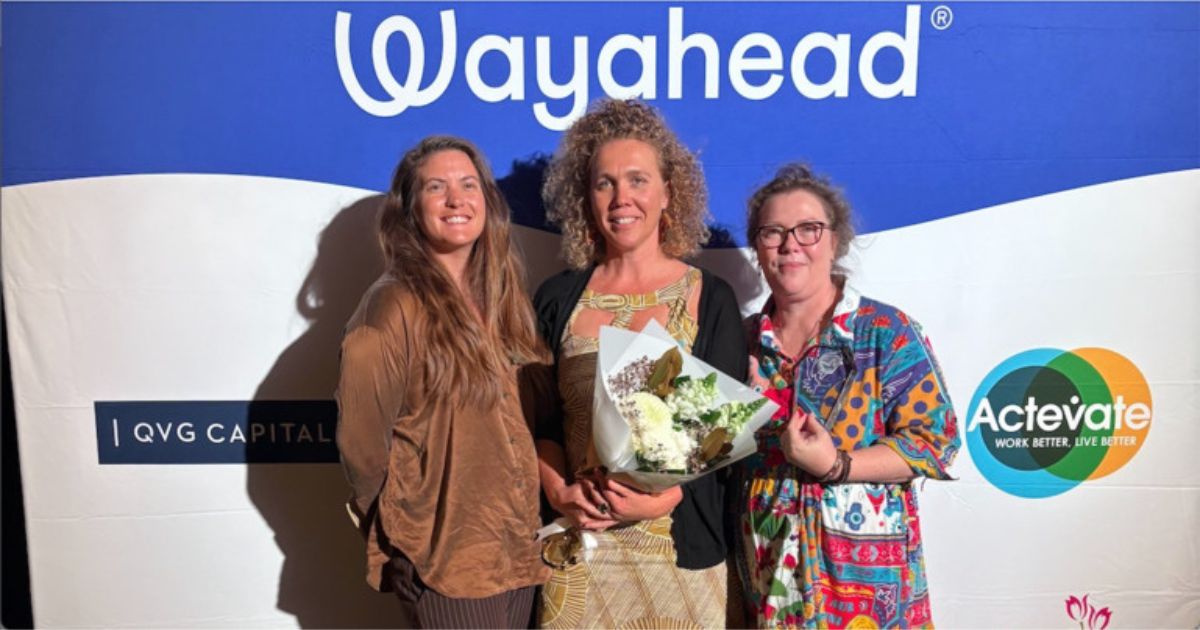Loneliness costs Australians $3.7 billion a year
THE SECOND annual Loneliness Awareness Week, August 5 to August 11, calls on Australians to reduce loneliness and social isolation, which costs the Australian economy more than $2.7 billion a year.
Research by Ending Loneliness Together shows a third of Australians feel lonely at any given time, and a quarter experience persistent loneliness.
The housing and cost of living crises are significant drivers, and those in financial hardship are seven times more likely to be persistently lonely.
The hardest hit group is young people, with the sobering statistic that 41 per cent of 18–24-year-olds are persistently lonely and isolated.
Ballina-based psychologist Lucy Frankham, a member of the Australian Association of Psychologists, said the pandemic had an enormous social and emotional impact, especially on younger people.

“The pandemic disproportionately impacted children.
“Some dropped out of school and never returned, and some missed out on important milestones, social rites of passage, and transitions into new stages.
“Young people tend to have larger online social networks, but often these have less depth and can increase loneliness. Our communities are more fragmented, and we have fewer traditional support systems. The cost-of-living crisis, for parents and for young adults, also impacts young people.”
The 2024 longitudinal study involved a nationally representative sample of 4026 Australians aged 18 to 92 years old over four months.
The statistics bear out the health impacts. People experiencing persistent isolation are over four times more likely to have chronic disease, depression, and social anxiety and five times more likely to have poor general health and well-being.

Ms Frankham believes that common interests, nearby activities, and learning new things can be beneficial.
“Having a pet or volunteering can be great for some people, but don’t suit everyone,” she said.
“There are many volunteer, sport, social and creative groups in Northern NSW, and are easily found on social media. There are many benefits to being in nature, in particular bird watching – which is well supported in the research.”
Ms Frankham started the North Coast Birds and Wildlife Facebook page in 2018 to foster positive emotional well-being through connection to nature in a social setting. “We now have 2700 members,” she said.
To find support, head to friendline.org.au or redcross.org.au/services/telecross or phone Beyond Blue on 1300 22 46 36 or Lifeline on 13 11 14.
For more information, head to lonelinessawarenessweek.com.au



















